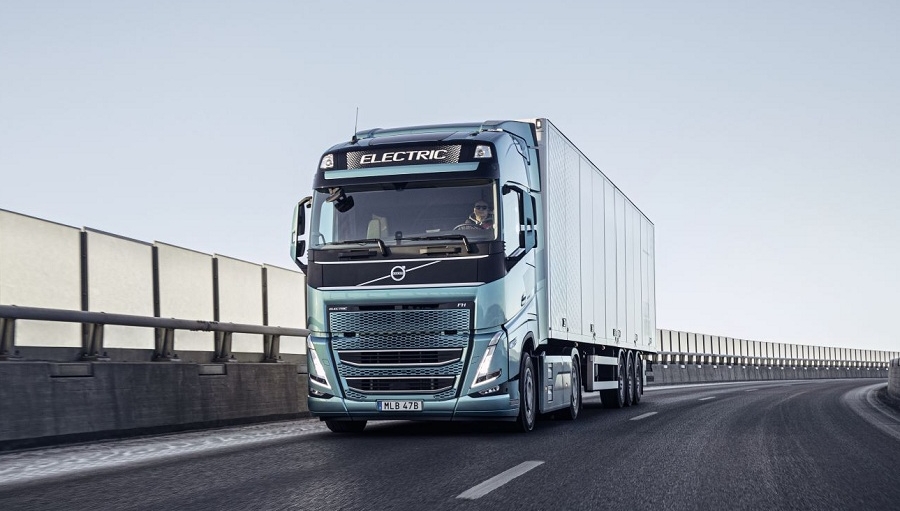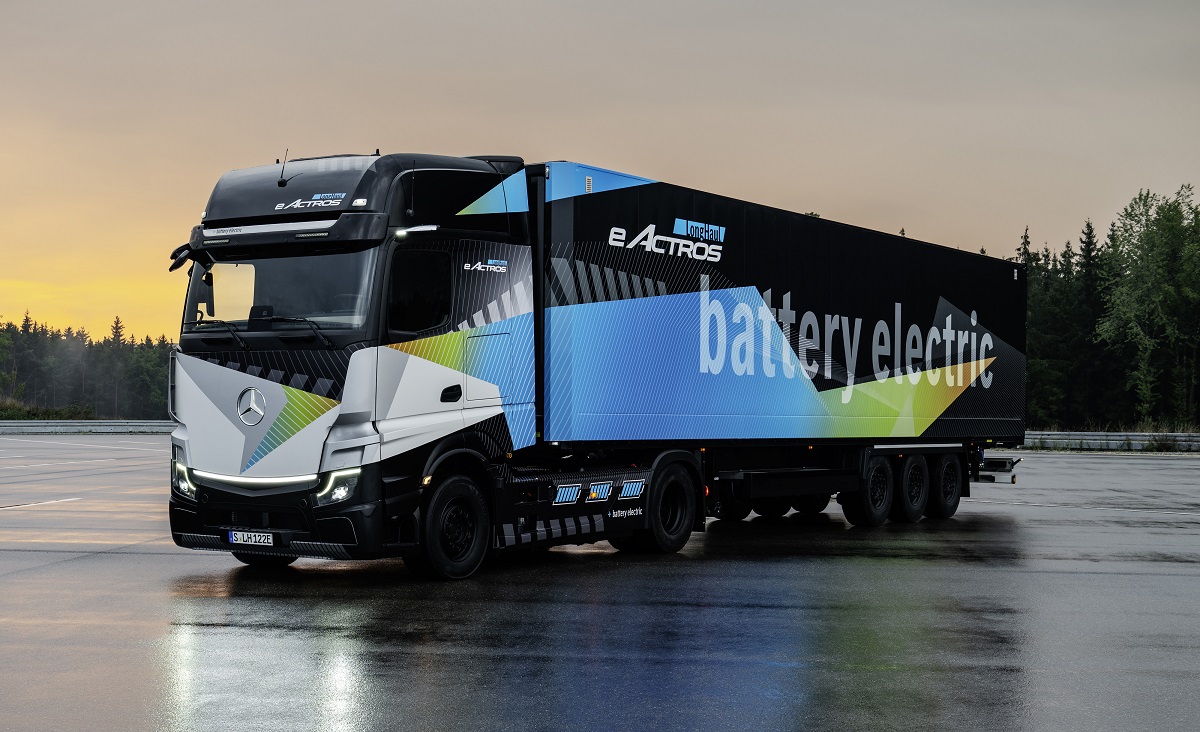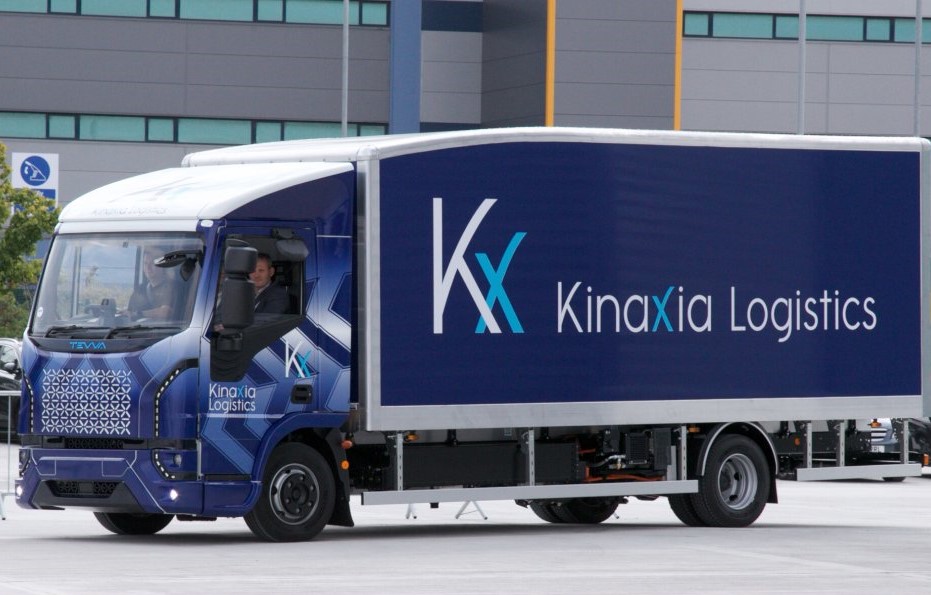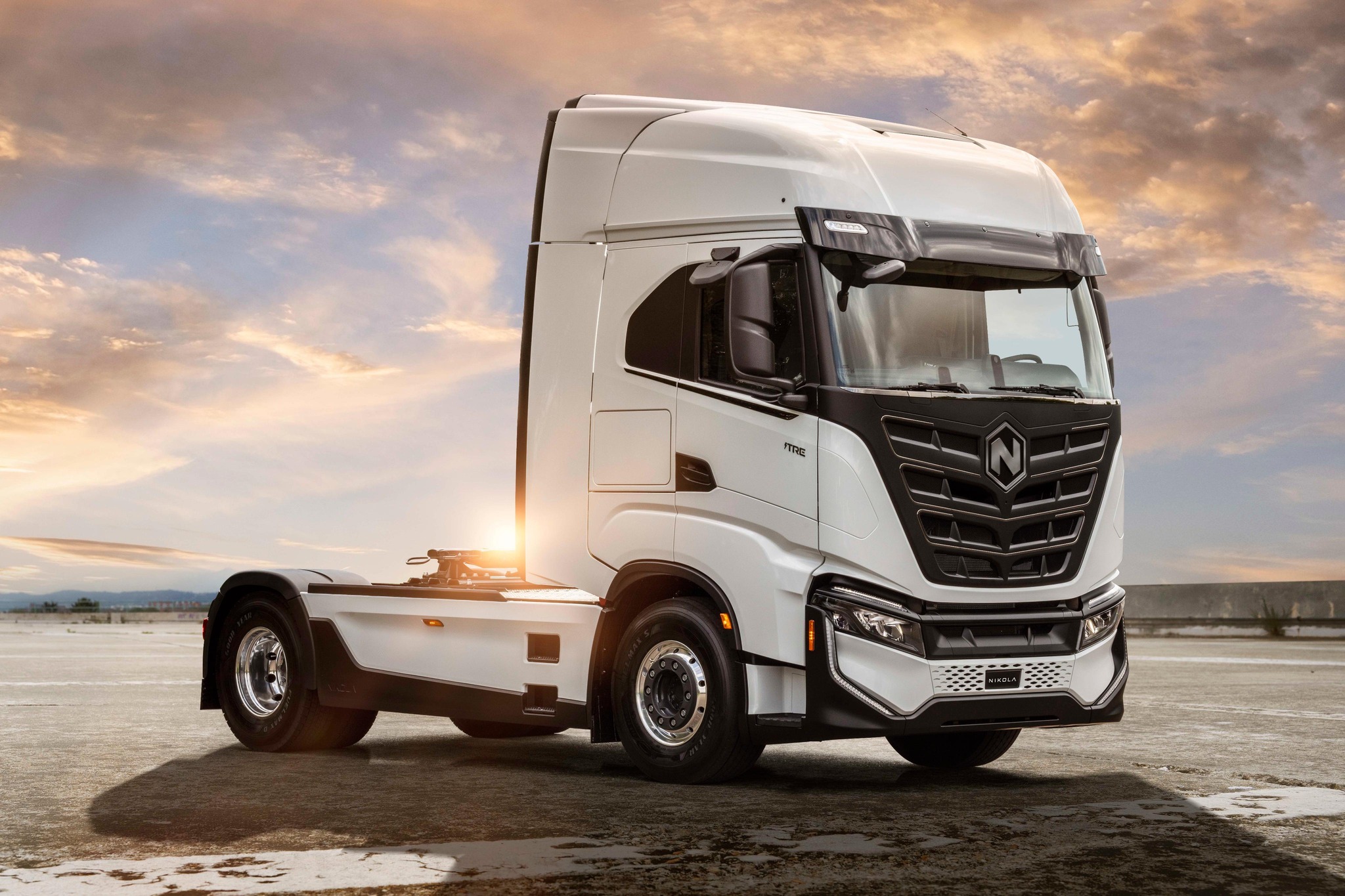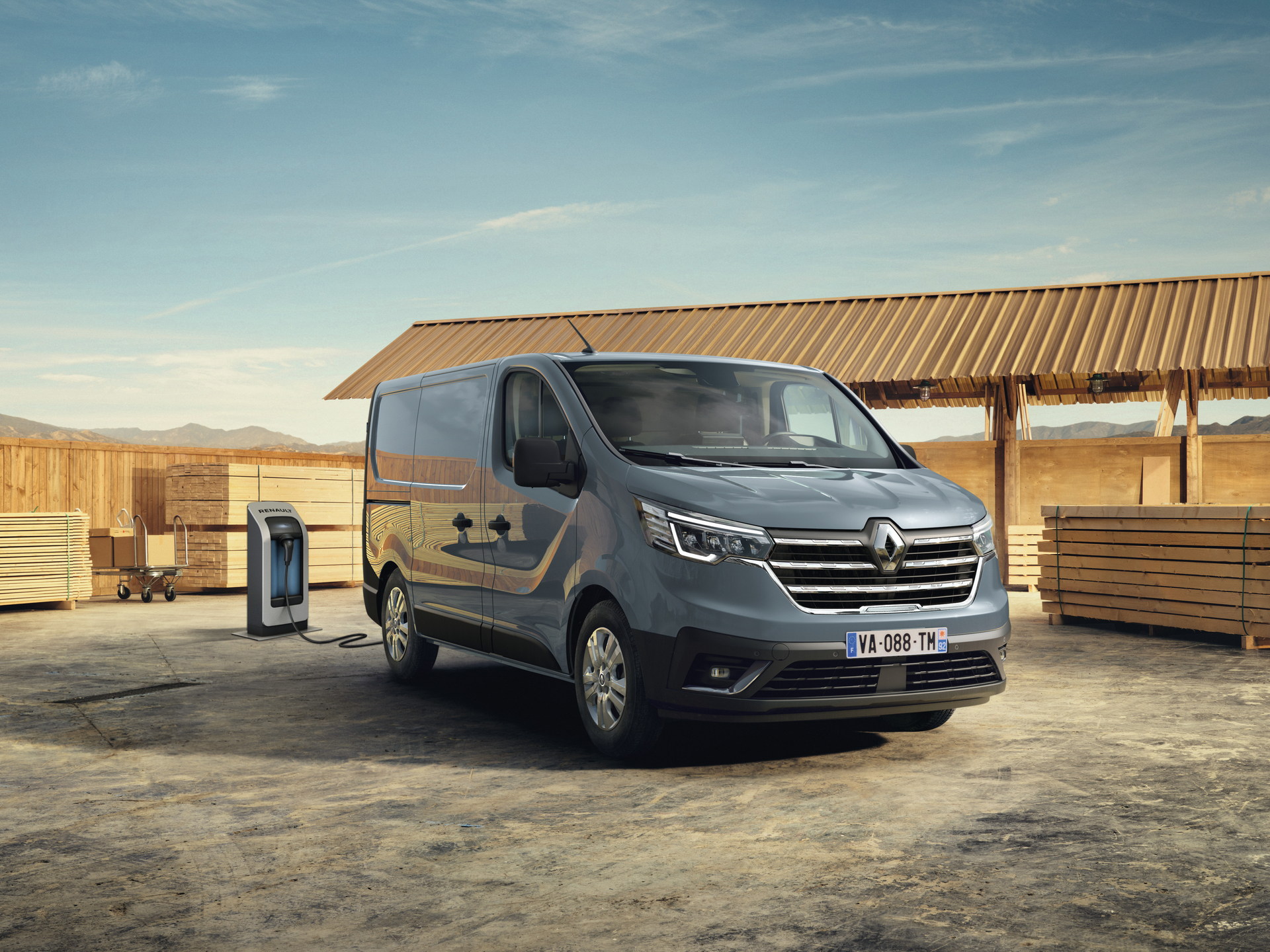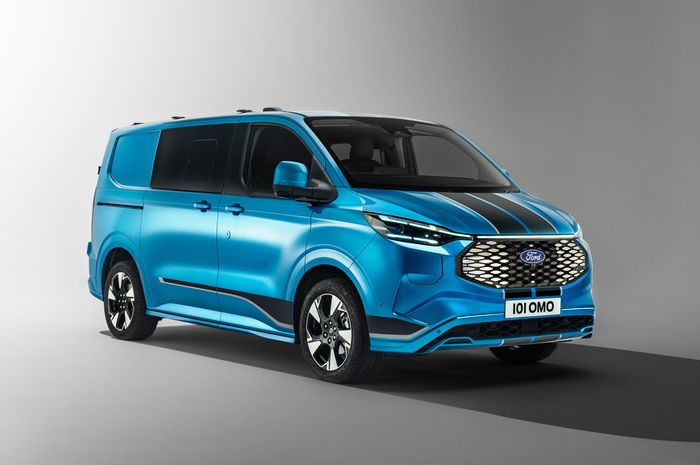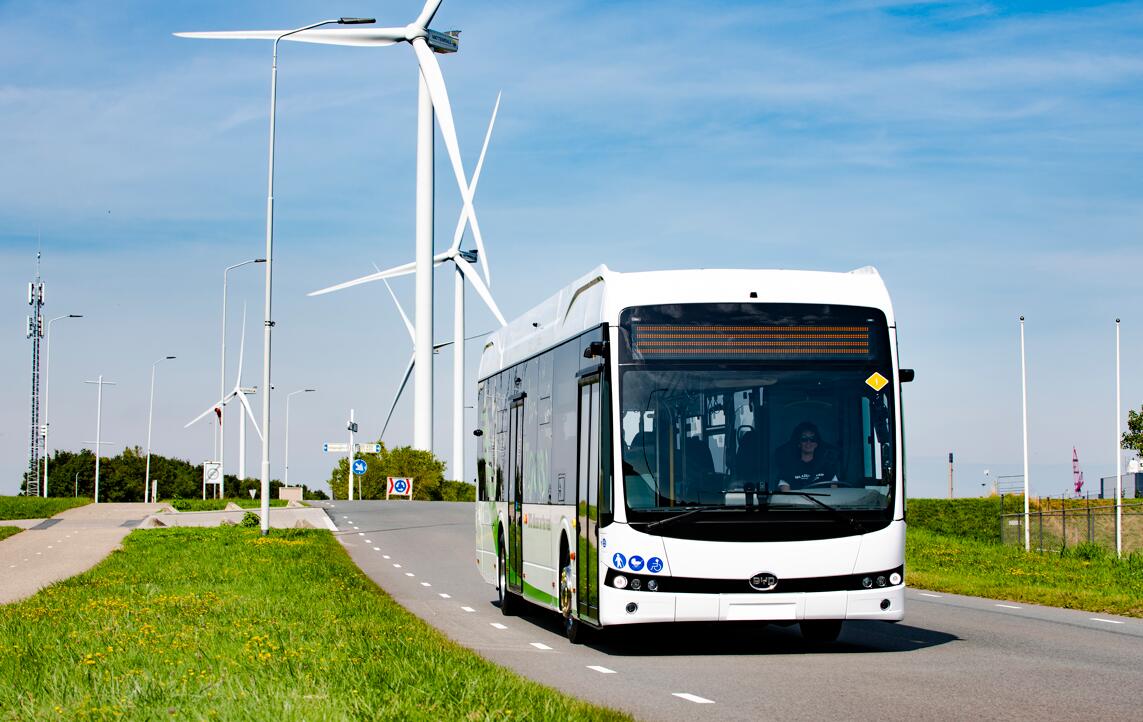The IAA transportation exhibition which will be held on September 20-25, 2022 in Hanover, Germany, is the venue for introducing new innovations created by global commercial vehicle manufacturers. Not only vehicles, new components were also launched.
Like the Swedish truck manufacturer, Volvo Trucks, which recently launched a new e-axle or electric rear axle which is specially designed to allow Volvo electric trucks to cover longer distances by freeing up space for more battery.
“This is a breakthrough for electric trucks and a clear signal that there will be huge demand for public fast chargers for heavy trucks in the near future, along the highways and not least,” said Jessica Sandstrom, SvP Global Product Management at Volvo Trucks. (20/9/2022).
Volvo Trucks has the broadest battery electric truck offering in the industry, with six different models in serial production. With this new e-axle, every Volvo electric truck model will be equipped with more batteries that also integrate the electric motor and transmission to the rear axle.
As a result, Volvo says that trucks with more batteries will have a longer range which will also create opportunities for long-distance transport managers in the era of electrification.
Not only for electric battery truck modrls, Volvo also revealed that this e-axle can also be used in fuel cell electric trucks (FCEV) which will be introduced in the second half of the decade with additional useful space for installing other components.
Volvo Trucks will begin serial production of trucks with the new e-axle in a few years from now and will complement the current lineup of electric trucks.
“We will continue with our existing multipurpose battery electric trucks. They can currently cover a wide range of transportation tasks. In a few years, we will add this new rear e-axle for customers taking longer routes than today,” continued Jessica Sandström.
It is known, Volvo Trucks has a three-track strategy to achieve zero emissions namely, battery electric, electric fuel cells (FCEV) and combustion engines that use renewable fuels such as biogas, HVO or even green hydrogen.
“Different technical solutions are needed to address climate change, as the availability of energy and fuel infrastructure differs between countries and regions and also between different transport assignments,” concludes Jessica Sandström.
Volvo Trucks, the first in the world uses fossil-free steel in its electric trucks

